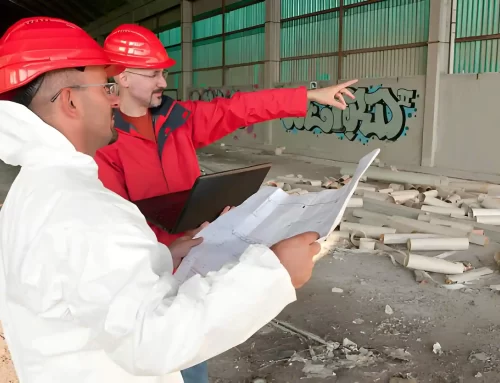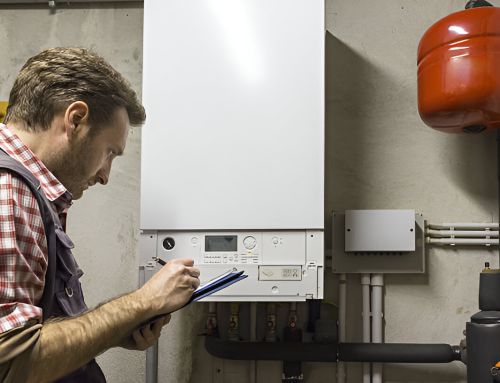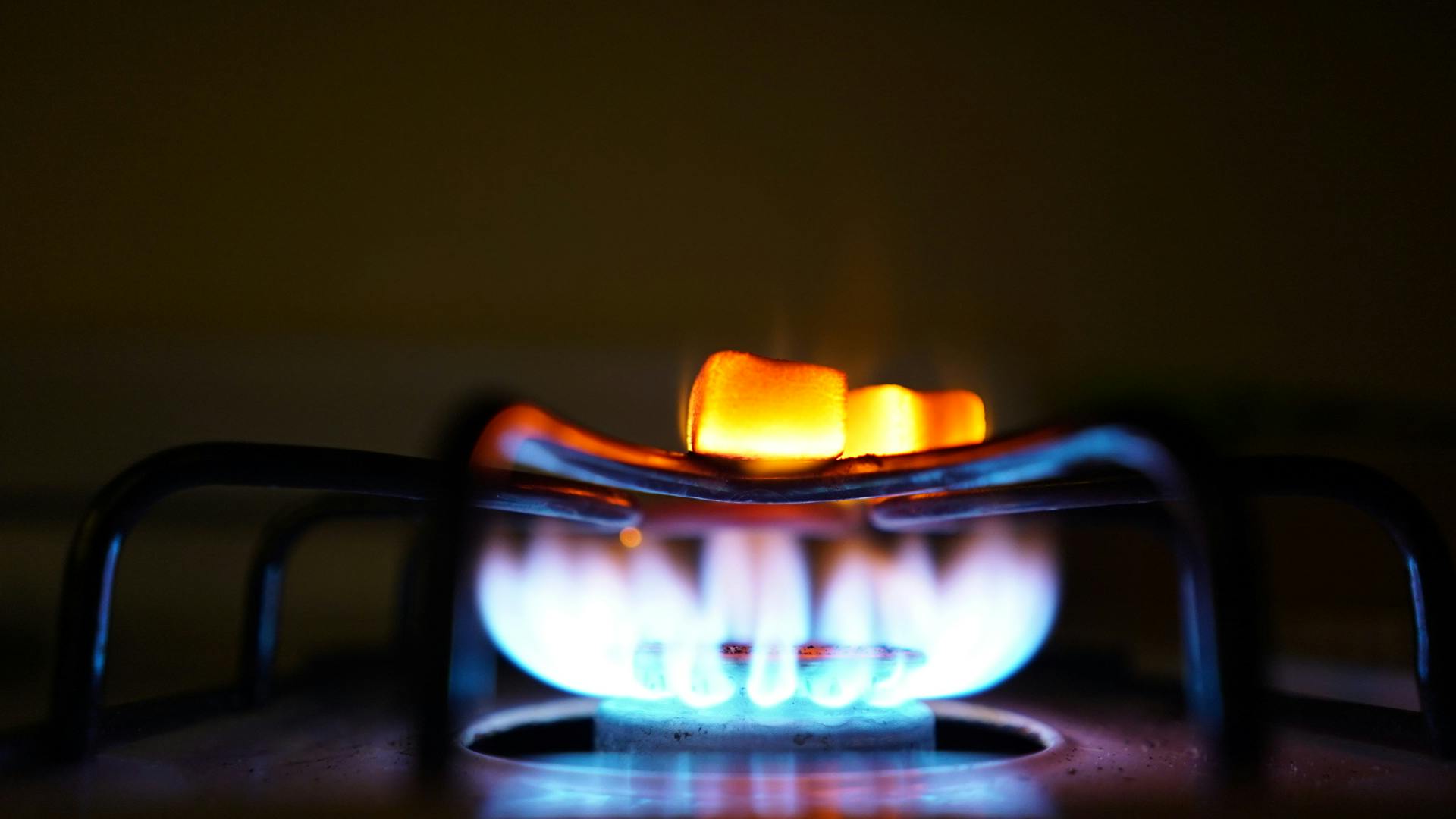
As a landlord, the concept of a Gas Safety Certificate might initially seem straightforward, but the implications go beyond mere compliance. Imagine the peace of mind that comes with knowing your rental property’s gas appliances are not just functional but, more importantly, safe for your tenants.
However, what exactly does this certification entail, and why is it more than just a piece of paper? Let’s explore the intricacies of Gas Safety Certificates and their significance in ensuring both legal adherence and the well-being of those who call your property home.
Understanding Gas Safety Certificates
Understanding Gas Safety Certificates is crucial for both landlords and tenants to ensure the safe operation of gas appliances in residential and commercial properties. Gas safety regulations mandate that landlords have the legal responsibility to obtain Gas Safety Certificates annually. These certificates not only fulfill legal requirements but also prioritize tenant safety by ensuring that gas appliances are well-maintained and pose no risks.
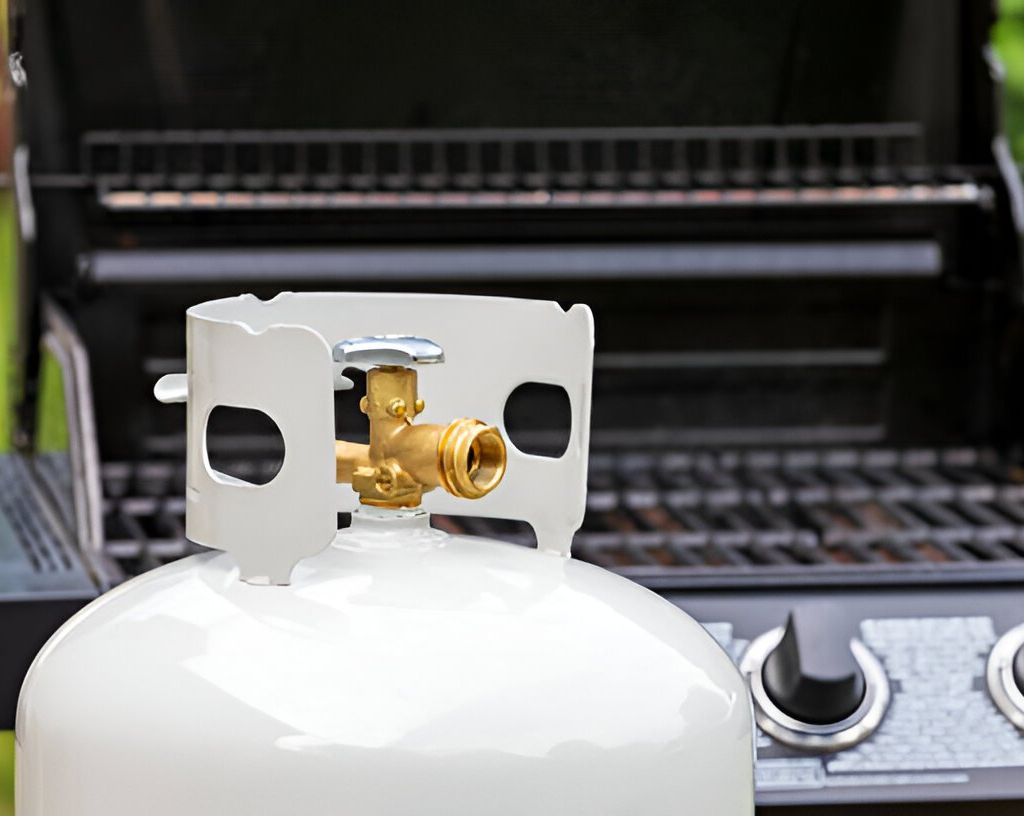
Regular maintenance of gas appliances not only guarantees compliance with legal obligations but also safeguards tenants from potential hazards related to faulty gas equipment. Landlords must adhere to these regulations to avoid fines and legal action. Proper gas appliance maintenance is key to upholding safety standards, and Gas Safety Certificates play a pivotal role in affirming that these standards are met.
Therefore, understanding the importance of Gas Safety Certificates in relation to gas safety regulations, landlord responsibilities, tenant safety, gas appliance maintenance, and legal requirements is essential for both landlords and tenants.
Importance of Gas Safety Checks
Conducting regular gas safety checks is imperative for ensuring the safe operation of gas appliances in both residential and commercial properties. Ensuring tenant safety is a top priority, and these checks are vital for legal compliance with safety regulations.
Landlords bear the responsibility of maintaining gas appliances and upholding safety standards. By conducting these checks, appliance maintenance is ensured, identifying any safety issues promptly and addressing them to prevent potential hazards. Compliance with safety regulations not only safeguards tenant safety but also helps landlords fulfill their legal obligations.
.
Failure to adhere to these regulations can result in fines and legal action, underlining the importance of regular gas safety checks. It’s crucial for landlords to prioritize these checks to provide a safe environment for tenants and uphold the necessary standards set forth by regulatory authorities.
Acquiring a Gas Safety Certificate
To obtain a Gas Safety Certificate, the first step is to schedule an appointment with a Gas Safe Register authorized company for a thorough inspection of gas appliances and fittings. The certification process involves a comprehensive check of all gas appliances to ensure they meet safety regulations.
Landlords have specific responsibilities to comply with legal requirements, including arranging annual appliance inspections by Gas Safe-qualified engineers. These professionals possess the necessary qualifications to conduct thorough assessments and issue the Gas Safety Certificate promptly, usually within 48 hours.
The certificates are valid for up to 12 months, highlighting the importance of regular checks to ensure ongoing compliance with safety standards. Failure to meet these requirements can lead to legal consequences and risks to tenant safety. Therefore, prioritizing appliance inspections by certified gas engineers is essential for landlords to fulfill their obligations and maintain a safe environment for occupants.
Cost and Requirements for Certification
To ensure compliance with legal requirements and maintain the safety of gas appliances in rental properties, understanding the cost and specific requirements for obtaining a Gas Safety Certificate is crucial.
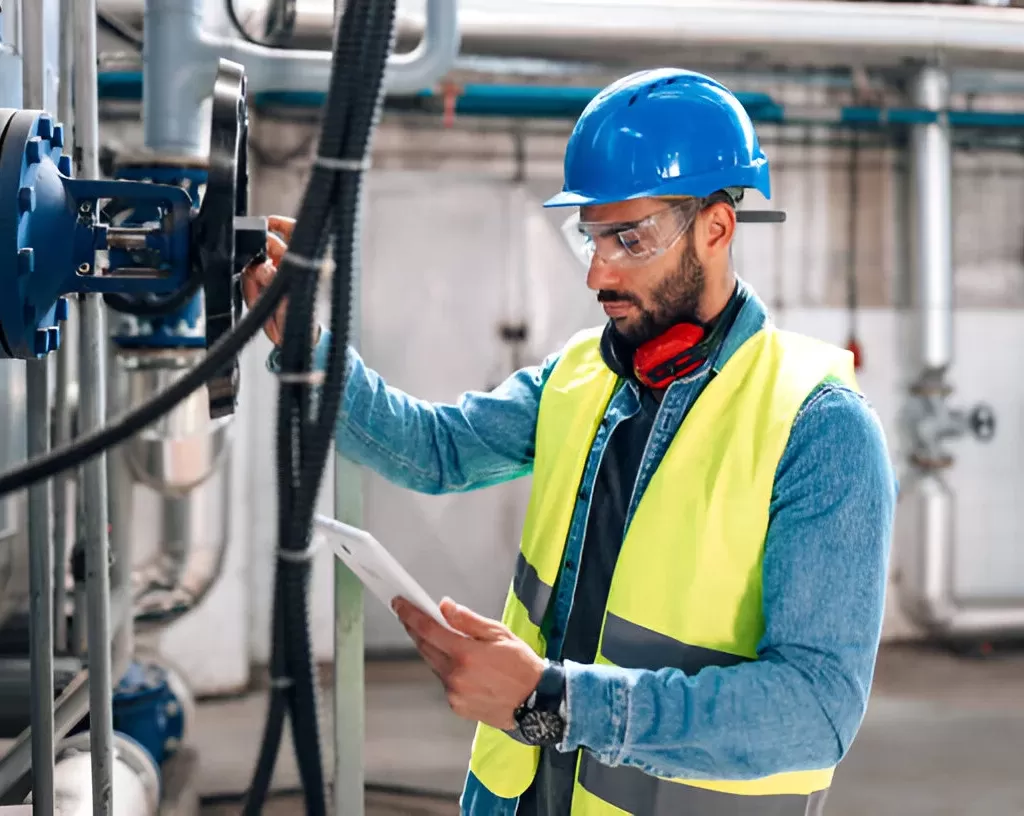
The cost breakdown for obtaining a Gas Safety Certificate typically ranges from £34 to £150. Factors influencing the cost include property type, location, and the number of appliances being certified. Providers may have varying pricing policies, and additional charges may apply for urgent certificates.
The certification process involves a Gas Safe Engineer inspecting gas appliances and fittings, issuing the certificate within 48 hours if the checks pass, and categorizing any failed appliances. Landlord responsibilities include ensuring an annual gas safety check by a registered engineer, providing the gas safety record to tenants within 28 days, and addressing any safety improvement work identified during the inspection.
These precautions are essential for tenant safety and to meet legal obligations related to gas appliance maintenance.
Landlords’ Obligations and Homeowners’ Recommendations
Landlords must ensure compliance with legal obligations by providing annual gas safety checks conducted by registered engineers and promptly delivering gas safety records to tenants within 28 days. This ensures tenant safety and legal compliance. Annual servicing and maintenance of gas appliances are the paramount responsibilities of landlords to uphold. Failure to adhere to these obligations can have serious consequences, including legal action and risks to tenant safety. Landlords need to prioritize the regular maintenance and safety of gas appliances within their properties to create a secure living environment for tenants.
While homeowners aren’t legally required to possess a gas safety record, annual servicing is highly recommended. Homeowners should consider obtaining a gas safety record from a Gas Safe Engineer to ensure the safety and efficiency of their gas appliances. It’s beneficial to engage with a Gas Safe Engineer for any servicing needs and to keep a copy of the gas safety record for future reference and peace of mind.
Our Pricing
| Our Gas Safety Certificate Prices |
|---|
| Gas Safety Certificate 1 Appliance £45 |
| Gas Safety Certificate 2 Appliance £55 |
| Gas Safety Certificate 3 Appliance £65 |
| Gas Safety Certificate & Boiler Service £74.99 |
Check Out Our Other Services
About the Author: LandlordCertificate
Related Posts
Get Social
Recent Posts
- Choosing the Right Consumer Unit for Fuse Box Installation London in Properties
- Electrical Diagnostic London: How Professional Testing Keeps Your Property Safe and Compliant
- Asbestos Management Survey London: Update Your Property Records
- Gas Safety Certificate London: Why Regular Checks Save Money Long-Term
- FRA London Explained: How a Professional Fire Risk Assessment Keeps You Compliant and Safe


